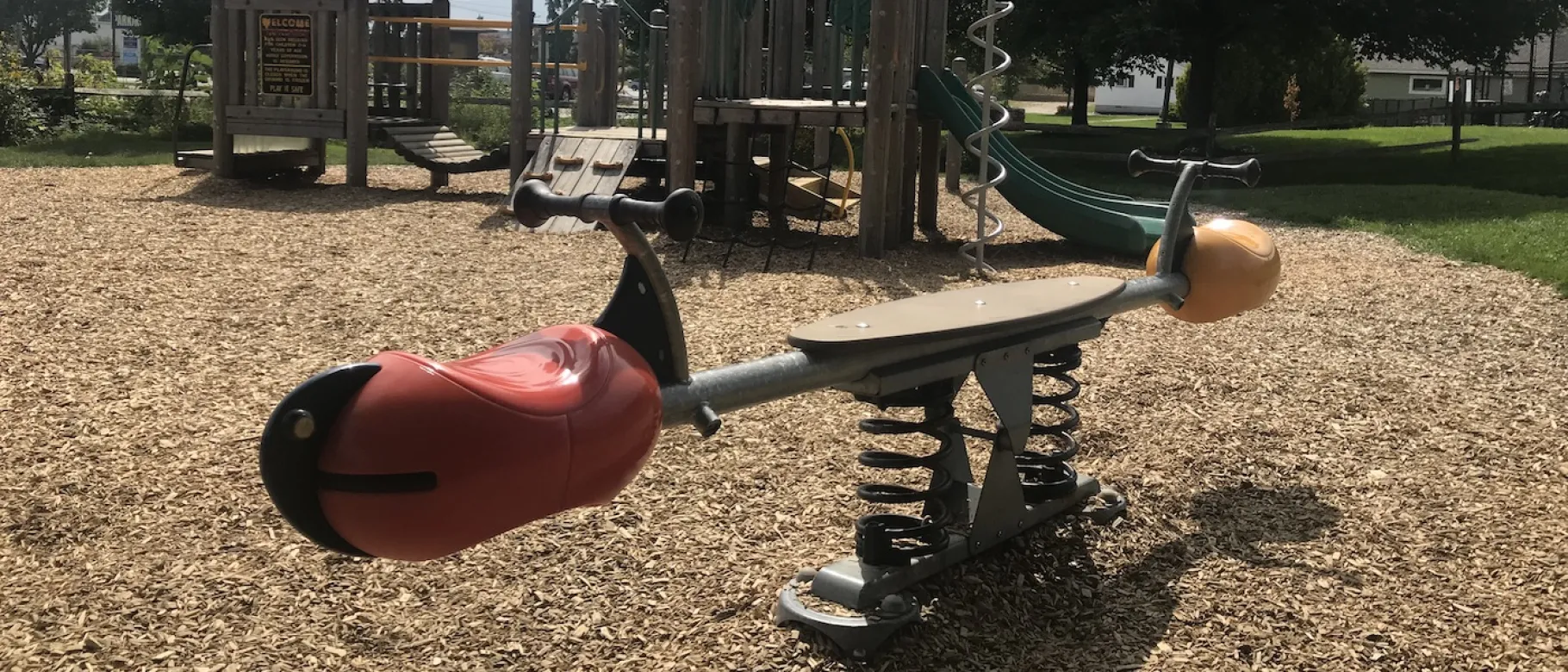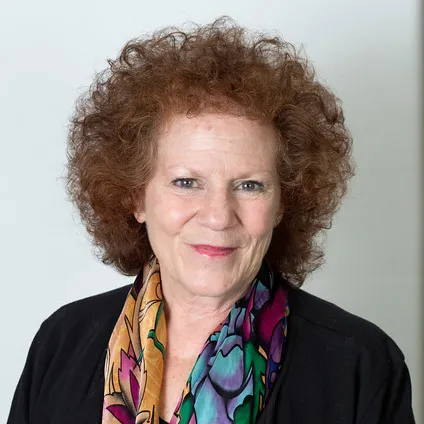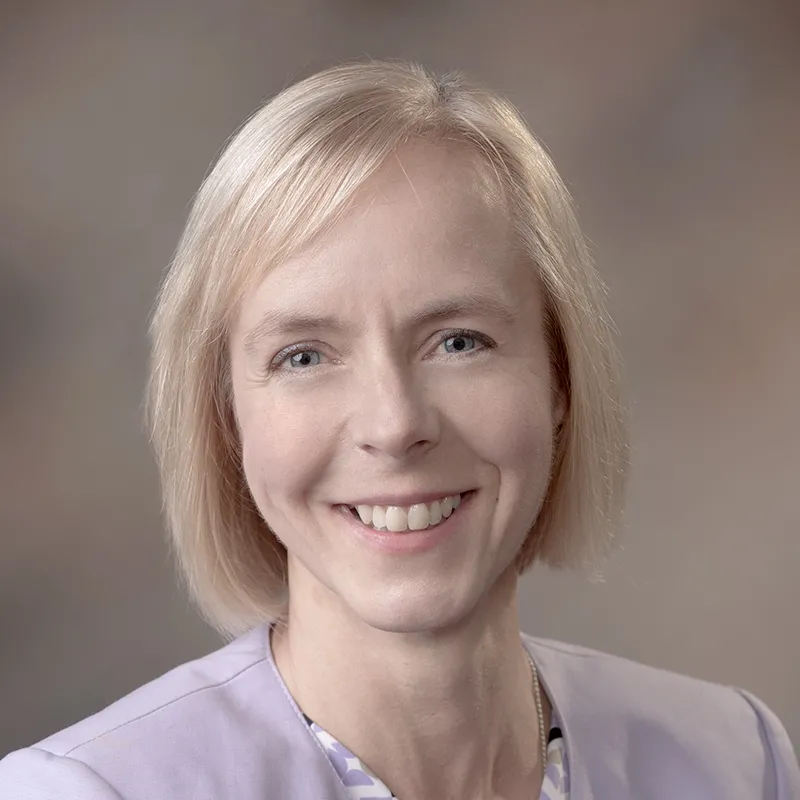CECE events offer learning opportunities for students and the UNE community

The Center for Excellence in Collaborative Education (CECE) is presenting several events this fall that provide learning opportunities for students and the UNE community.
The kick-off event was "Exploring Childhood Obesity" on Wednesday, September 14, in collaboration with the College of Osteopathic Medicine (UNECOM).
“It is very important to realize that the treatment of people with chronic diseases takes a village,” stated host of the event Jenifer Van Deusen, M.Ed., clinical faculty and interprofessional education coordinator in UNECOM. “Treatment is not a solo effort, it requires an interprofessional team whereby everybody from a variety of different health professions can bring their expertise to the team, contribute, and make the best treatment plans with the patient decisions.”
In Maine, 27% of the pediatric population is overweight. Worldwide, nearly 340 million children age 5 to 19 are considered to have obesity, while 39 million children under the age of five were considered to have obesity in 2020.
“Not only has this impacted their physical health, but their mental health as well,” explained one the event’s lead presenters Valerie O’Hara, D.O., ’96, affiliate teaching faculty member at UNE COM and an obesity medicine physician. “Childhood obesity is a disease like any other disease, but it comes with a lot of bias and stigma. A main point of putting on this event is to really look at weight bias and stigma and to replace those philosophical or cultural defined ideas about what obesity is. We’ll look at how to treat it with actual science and evidence-based care. Eat less and move more is not a solution to something that is as complicated as obesity.”
There is no main root cause of childhood obesity. It can be caused by things from genetics to where you grew up.
“We know children living in Maine, particularly in very rural areas, are at more risk,” O’Hara said. “Various ethnic and diversity issues may play a role as well.”
Organizers hope the presentations left attendees with a deeper understanding of the complexity of childhood obesity and its impacts; make them more aware of the stigma related to the disease of obesity; help them develop an interest in their profession to work with children with obesity; and took away knowledge of their role within the care team when treating children with obesity.
“Treatments are dramatically improving and so are the ways that we can approach this chronic condition to help children recover and get their health back,” Van Deusen stated.
O’Hara says the presentation was an excellent way for medical students to prepare for issues surrounding childhood obesity that they may face out on rotations or in their careers after they finish school.
“This is something they have to feel comfortable talking about,” O’Hara commented. “They must be prepared to know what resources are out there and understand what the treatment protocols are.”
Upcoming CECE events include human trafficking as a public health issue and another on scientific literacy and the COVID-19 pandemic.

Jenifer Van Deusen

Valerie O'Hara